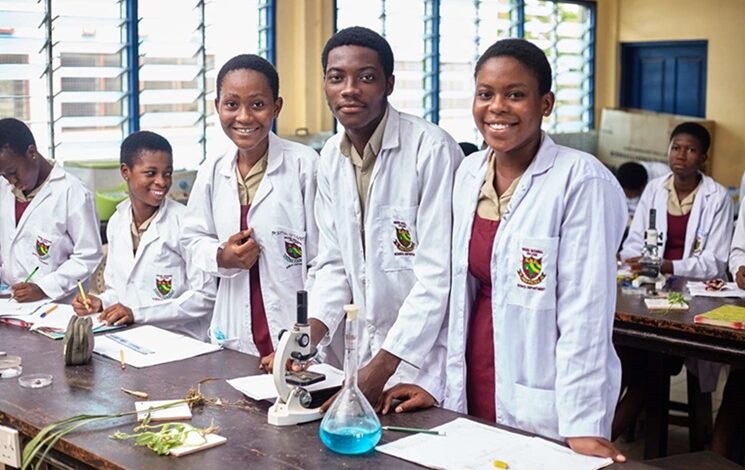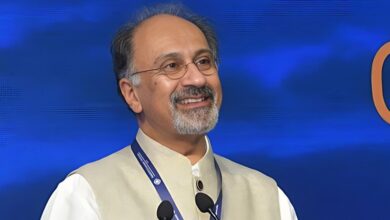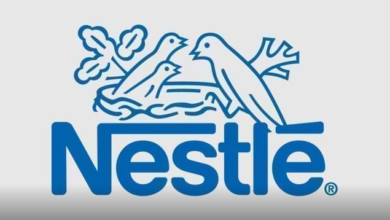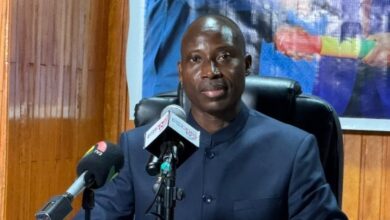Govt spends GH¢1.5b on free SHS programme, supporting over 1.4m students

The government has announced the expenditure of approximately GH¢1.5 billion to support 1,488,575 students under the Free Senior High School (Free SHS) programme from January to June 2024. This significant financial commitment underscores the government’s dedication to enhancing access to secondary education and improving the quality of education nationwide.
The Free SHS programme, launched in September 2017, aims to eliminate financial barriers to secondary education by covering tuition, feeding, and other related costs for students attending public senior high schools in Ghana. This initiative aligns with the government’s broader educational reform agenda to increase enrollment rates, reduce dropout rates, and improve educational outcomes.
The latest funding allocation of GH¢1.5 billion was utilized to cover various expenses, including school fees, feeding costs, textbooks, and other essential learning materials. This financial support ensures that students from diverse socio-economic backgrounds have equal opportunities to access quality secondary education without the burden of tuition fees.
Education Minister Dr. Yaw Osei Adutwum emphasized the importance of the Free SHS programme in bridging educational inequalities and promoting inclusive development. He highlighted that the investment in secondary education is crucial for building a skilled and knowledgeable workforce, which is essential for Ghana’s socio-economic progress.
The Free SHS programme has significantly increased enrollment rates in senior high schools across the country. Since its inception, the initiative has seen a substantial rise in the number of students transitioning from junior high school to senior high school. This increase in enrollment has also led to the construction of additional classrooms, dormitories, and other infrastructure to accommodate the growing student population.
However, the programme has faced several challenges, including concerns about the quality of education, overcrowded classrooms, and the strain on existing school infrastructure. The government has been working to address these issues by investing in the expansion and renovation of school facilities, hiring additional teachers, and implementing measures to improve the overall quality of education.
Background
The Free SHS programme is one of the flagship initiatives of President Nana Addo Dankwa Akufo-Addo’s administration. The policy was introduced to fulfill a campaign promise made during the 2016 presidential elections. The aim was to make secondary education accessible to all Ghanaian children, irrespective of their financial background, and to ensure that no child is denied the opportunity to attend senior high school due to financial constraints.
Before the introduction of the Free SHS programme, many students, particularly those from low-income families, were unable to pursue secondary education due to the high cost of tuition and other related expenses. This resulted in high dropout rates and limited opportunities for many young Ghanaians, affecting their prospects for higher education and gainful employment.
Since its launch, the Free SHS programme has made significant strides in increasing enrollment and reducing financial barriers to education. According to the Ministry of Education, the number of students benefiting from the programme has continued to rise each year, reflecting the growing demand for secondary education in the country.
Despite its successes, the programme has also faced criticism and challenges. Critics have pointed to issues such as overcrowded classrooms, inadequate infrastructure, and concerns about the sustainability of funding for the programme. The government has acknowledged these challenges and has been working on strategies to address them, including seeking additional funding sources and improving the management of educational resources.
The Free SHS programme is part of Ghana’s broader educational reform agenda, which includes initiatives aimed at improving basic education, technical and vocational education, and tertiary education. These reforms are designed to create a comprehensive and inclusive education system that meets the needs of all students and supports the country’s socio-economic development goals.
As Ghana continues to invest in its education sector, the government’s commitment to the Free SHS programme remains steadfast. The recent expenditure of GH¢1.5 billion to support over 1.4 million students is a testament to the importance placed on education as a key driver of national development. The continued success of the Free SHS programme will be crucial in shaping the future of Ghana’s youth and ensuring that every child has the opportunity to achieve their full potential.
4o




